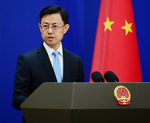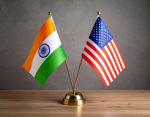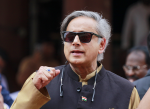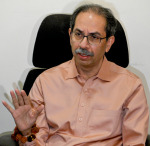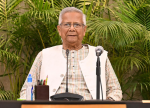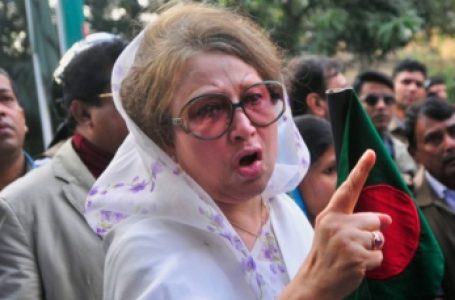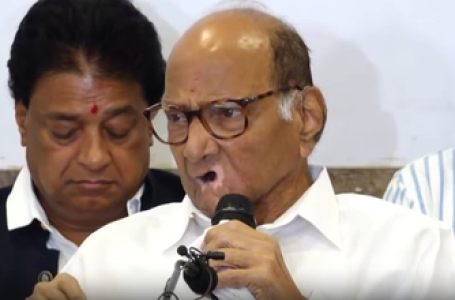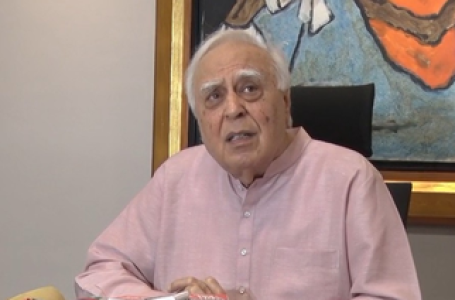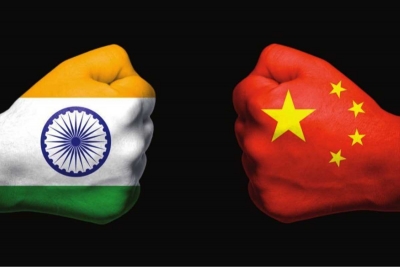
As India celebrated Azadi Ka Amrit Mahotsav on the completion of the 75th year of independence with much fanfare, there appears to be an inherent contradiction in our claim on achievements made since 1947.
If Prime Minister Narendra Modi, while addressing the nation, highlighted the contributions made by our founding-fathers, and developments made in the last seven and a half decades, the present regime on other occasions, miss no opportunity to charge that nothing was done between 1947 and 2014. This include six years of Atal Bihari Vajpayee-led National Democratic Alliance government.
It means to suggest is that whatever achievements India has made has been possible only in the last eight years. In fact the first Prime Minister, Jawaharlal Nehru, is held responsible for whatever problem India is facing now.
By doing so we, in a way, are condoning the horrible crimes committed by the previous British rule. The biggest one was, of course, the partition of the Indian sub-continent and the subsequent communal holocaust. We often ignore this aspect and indulge in blame-game among ourselves and in a way exonerate the main culprit.
The second biggest criminal act in the last decade of their rule was the man-made famine of early 1940s which left four to five million people dead in east India. It was a sort of punishment given to Indians for not fully backing the British recruitment drive in World War-II against Germany and Japan.
We end up comparing the achievements of India with smaller countries of the region. But the need of the hour is to draw parallel with China, whose population is almost equal to us.
It needs to be mentioned that on August 15, 1945 Japan surrendered to the United States and thus the World War-II came to an end. The countries which it had occupied during this period include a large part of China.
But it was October 1, 1949, that is the day the Communist Revolution took place which changed China completely.
So India and China started their innings almost simultaneously. Usually we give credit to China for big development which took place in infrastructure and manufacturing sectors as well as in software and hardware industries.
Undoubtedly one should appreciate these achievements of our northern neighbor. But we usually overlook the fields in which we have left the Middle Kingdom far behind.
Unlike China, the leading lights of India transformed it from a colony to nation without adopting any military means. After overcoming the horrible bloodbath in Punjab and Bengal we drafted our Constitution, which is in several ways better than of many other developed democracies.
The work for the nation-building started after the integration of India in the post-Independence years. The building of industries, dams, infrastructure and educational institutions could not have been possible without developing the concept of nation. This was not an easy job. Those who do not know its significance end up ridiculing and mocking their predecessors.
Post-Independence we became food sufficient state, thanks to the policy adopted in earlier years and the subsequent Green Revolution in 1970s. This was notwithstanding the fact that we witnessed droughts in mid-1960s.
It is not that the British had not built roads, railway tracks, bridges, canals etc. They did so, but for their own interest. For example, they laid down railway lines in the deep jungles of hilly central India, called Chhotanagpur belt, just because they wanted to take away coal, iron, copper, bauxite, mica and other minerals. They would be transported to port cities and from there shipped to Great Britain. On the other hand they were less interested in developing the communication network across the densely populated regions across Ganga, simply because there was no minerals in this region.
While discussing the developments we must understand the difference between a colony and a nation as well as a democratic country and dictatorship
If China stands nowhere near India, many developed countries of the West can not boast much. For example, while India adopted universal adult franchise from the very first election in 1952 it took France 156 years to give voting rights to half of its population, that is women. While the French Revolution took place in 1789 the country gave its women the right to vote in 1945, that is in the election held after the end of World War.
Many other democracies gave voting rights to the natives and Black population in 20th century. When India introduced universal adult franchise many experts expressed doubts as to whether it would ever succeed. But 75 years later we are still going strong on this count. True, we have in between seen phases of majoritarianism. And we should be guarded of it. – INDIA NEWS STREAM





